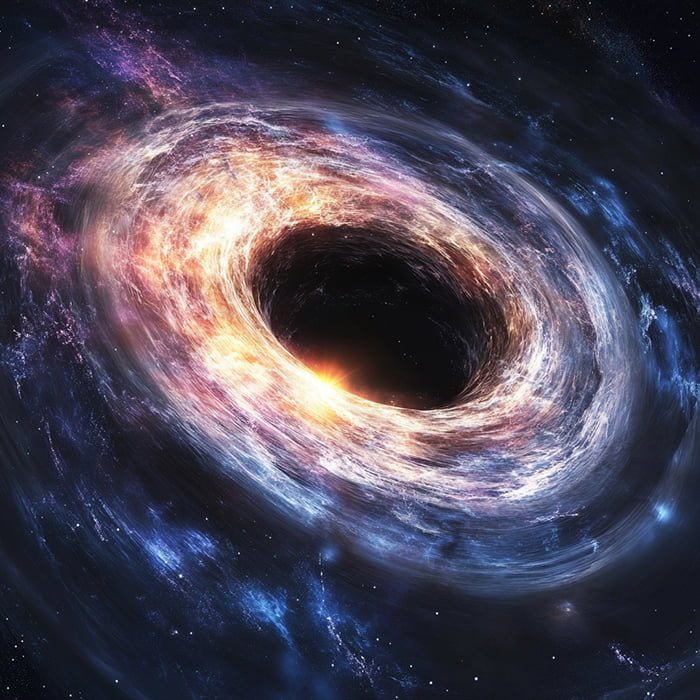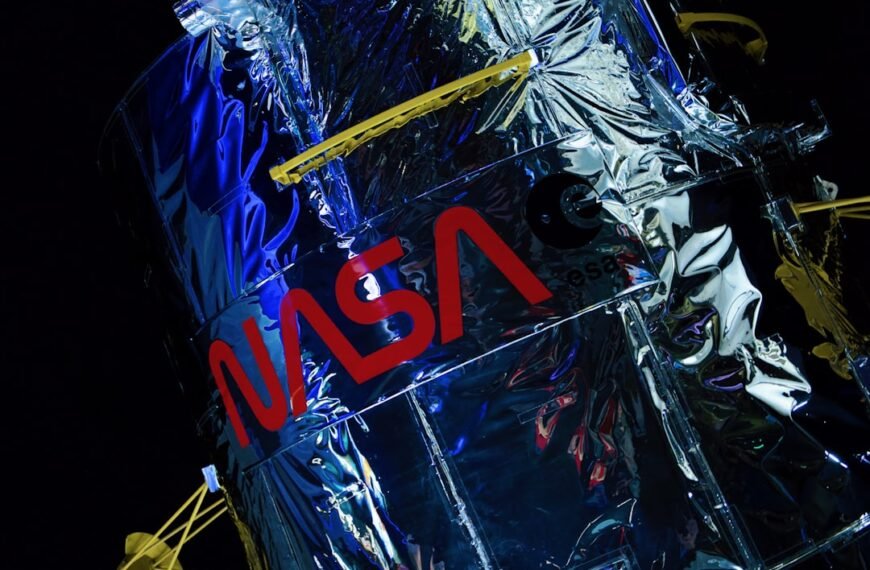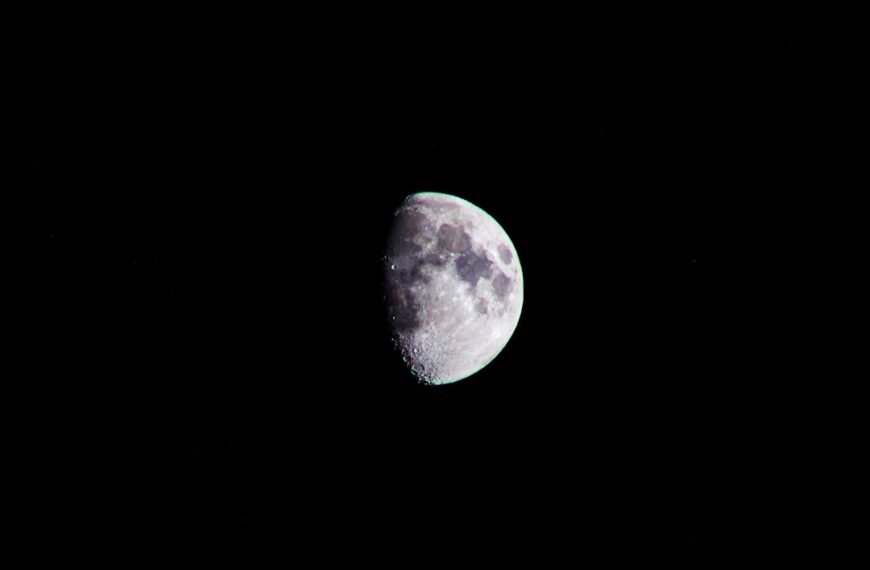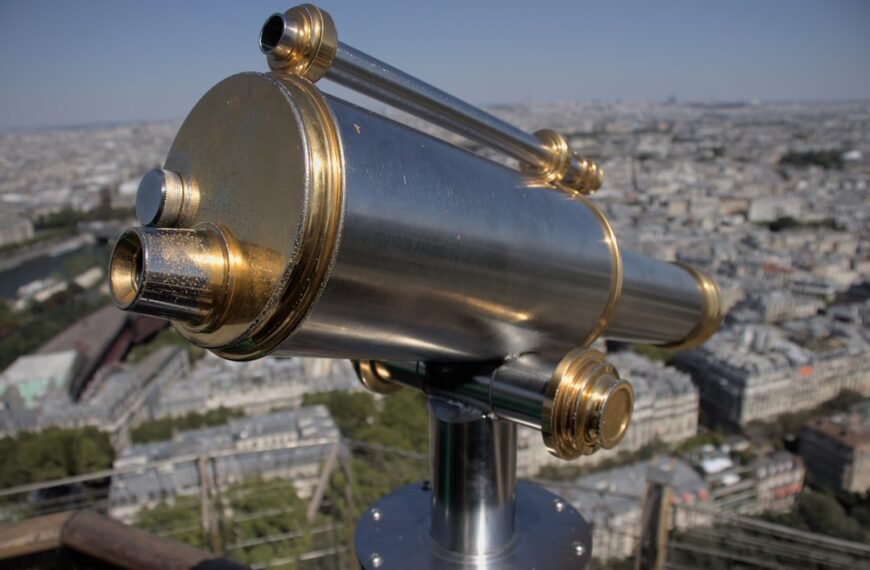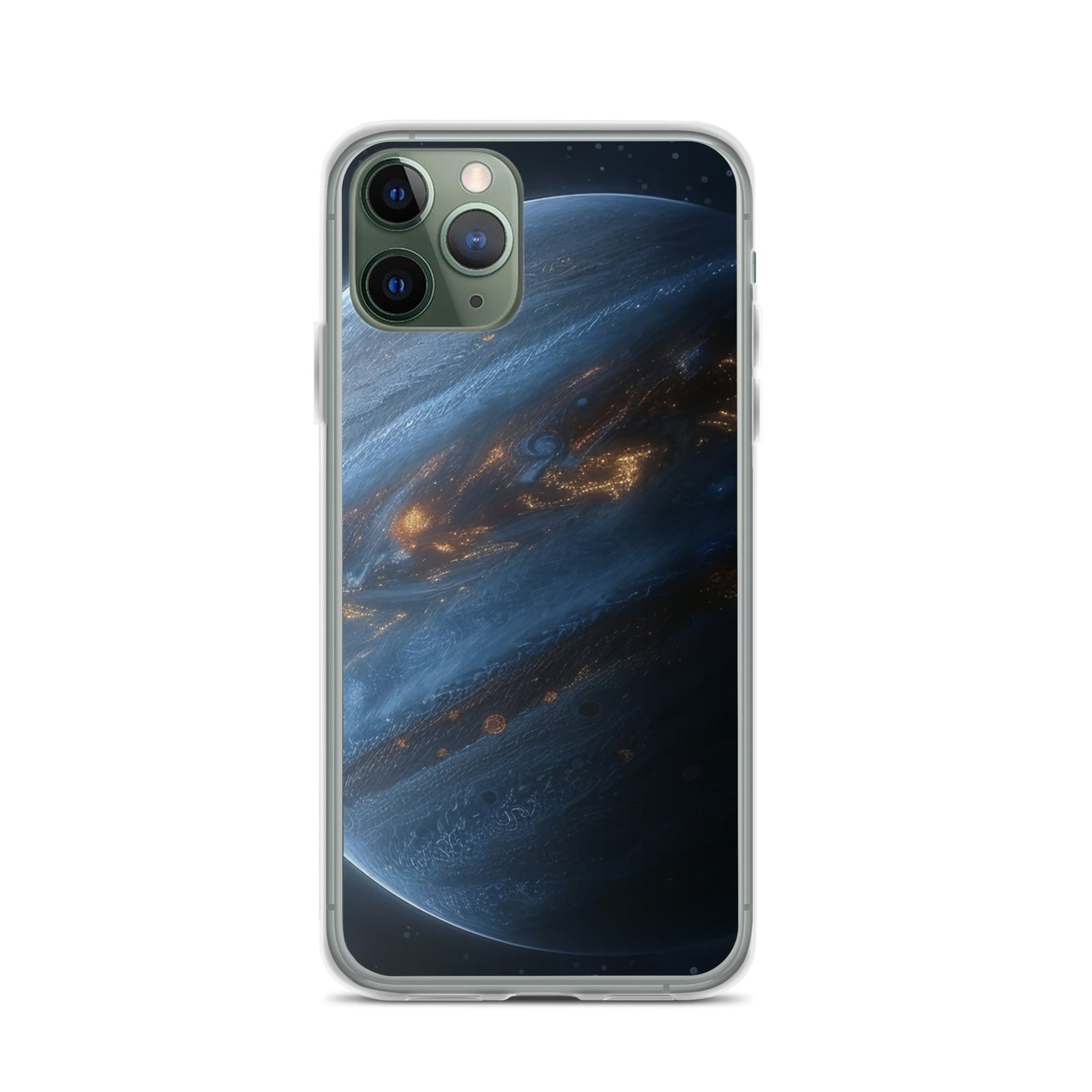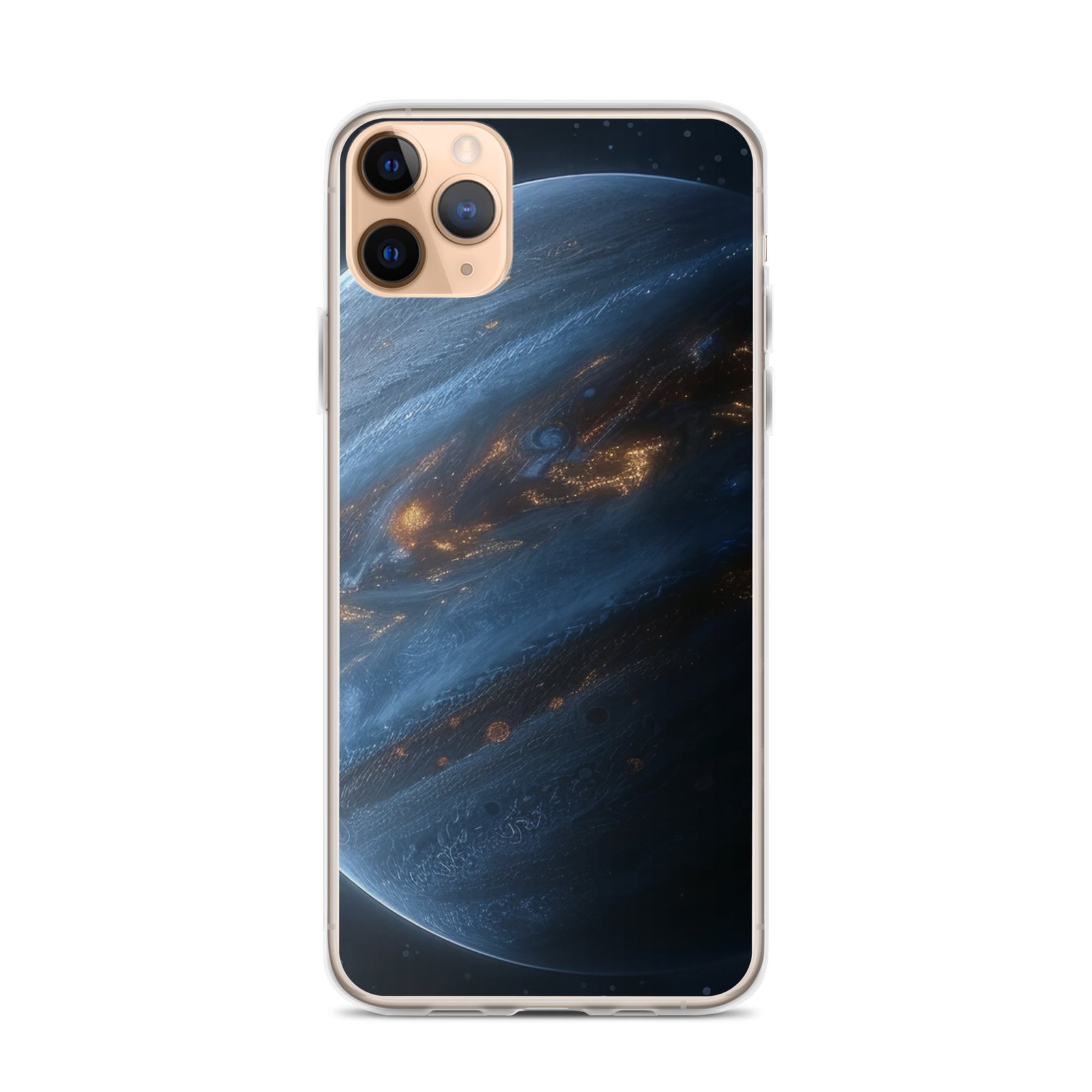Key Points Summary
- Sound cannot travel in the vacuum of space because it requires a medium like air or water to propagate.
- Space is predominantly a vacuum, containing very few particles, which results in silence.
- Under specific conditions, such as with piezoelectric materials, sound can travel through a vacuum, but these scenarios are rare.
- Gravitational waves, caused by massive cosmic events, can be detected and “heard” in space, but they differ fundamentally from conventional sound waves.
- NASA has developed methods to convert astronomical data into sound waves, allowing us to “hear” certain cosmic phenomena, although this is not the same as sound traveling through space.
The question of whether you would hear a crash in space is not just a whimsical thought experiment; it invites us to explore the fundamental nature of sound and the unique characteristics of the cosmos. This article delves into the science of sound propagation, the properties of space, and the fascinating phenomena that allow us to experience cosmic events in auditory form.

The Nature of Sound
What is Sound?
Sound is a form of energy that travels in waves, created by vibrating objects. These vibrations cause particles in a medium—such as air, water, or solid materials—to compress and decompress, generating waves that move from the source to the receiver. The characteristics of sound, including its pitch and volume, depend on the frequency and amplitude of these waves.
Sound in a Vacuum
In a vacuum, such as the vast expanses of space, there are no particles to carry these vibrations. This absence of a medium means that sound cannot travel; thus, space is silent. The lack of air or any other substance to transmit sound waves results in complete silence, making it impossible for sounds like explosions or crashes to be heard.
Space: The Silent Frontier
The Vacuum of Space
While space is not entirely devoid of matter, it is predominantly a near-perfect vacuum. The vast distances between stars and planets contain extremely low densities of particles, making it impossible for sound waves to propagate effectively. Even in regions where gas and dust exist, the density is so minimal that sound cannot travel through these areas.
The Silence of Space
The phrase “In space, no one can hear you scream” is scientifically accurate. Without a medium to carry sound waves, any noise—be it a scream, an explosion, or a crash—would be inaudible. Events such as exploding stars (supernovae) or colliding asteroids occur in complete silence, emphasizing the unique nature of sound in the cosmos.
Exceptions and Special Cases
Piezoelectric Materials and Acoustic Tunneling
Recent research has uncovered that under specific conditions, sound can travel through a vacuum. This phenomenon involves piezoelectric materials, which can convert mechanical stress into electrical energy. When two piezoelectric crystals are placed in a vacuum with a gap smaller than the wavelength of the sound, the sound waves can tunnel through the vacuum by transforming into ripples within an electric field. However, these conditions are rare and not applicable to everyday sounds.
Gravitational Waves
Gravitational waves are ripples in the fabric of spacetime caused by massive cosmic events, such as the collision of black holes or neutron stars. Unlike conventional sound waves, gravitational waves can travel through the vacuum of space. Instruments like LIGO (Laser Interferometer Gravitational-Wave Observatory) can detect these waves, allowing scientists to “hear” the vibrations caused by these cosmic events. This detection provides valuable insights into the nature of the universe and the behavior of massive celestial bodies.
NASA’s Astronomical Sounds
Converting Data to Sound
NASA has developed innovative methods to convert astronomical data into sound waves, enabling us to “hear” certain cosmic phenomena. For instance, the acoustic signals generated by a black hole in the Perseus galaxy cluster were identified and transformed into audible frequencies. This process, known as sonification, allows scientists and the public to experience the universe in a new way, turning complex data into sound that can be appreciated by the human ear.
Real Recordings from Space
NASA has also released recordings of sounds from various celestial bodies, including Mars and the resonances of planetary systems. These recordings are not sounds that travel through space but are instead representations of data converted into audible form. For example, the sounds of solar winds and the vibrations of planets provide a unique auditory experience that enhances our understanding of the cosmos.
The Importance of Understanding Sound in Space
Implications for Science and Exploration
Understanding the nature of sound in space has significant implications for scientific research and exploration. It highlights the differences between sound waves and other types of waves, such as gravitational waves, and emphasizes the unique challenges faced by scientists studying cosmic phenomena. This knowledge is crucial for developing technologies that can detect and interpret various signals from space, enhancing our understanding of the universe.
Lessons to Learn
This exploration of sound in space serves as a reminder of the importance of scientific inquiry and the fascinating discoveries that arise from it. By studying the behavior of sound in different environments, we gain insights into the fundamental principles of physics and the nature of our universe. The ability to convert astronomical data into sound waves also opens new avenues for experiencing and understanding cosmic phenomena.
The Silence of the Cosmos
The exploration of whether you would hear a crash in space reveals much about the nature of sound and the unique environment of space. Understanding that sound requires a medium to travel and that space is a near-perfect vacuum helps us appreciate the silence of the cosmos.
Why This Article Matters
In a world increasingly filled with artificial noise, the silence of space serves as a reminder of the vast, quiet expanse beyond our planet. It underscores the need for continued exploration and the pursuit of knowledge as we seek to uncover the mysteries of the universe. This article not only informs readers about the scientific principles governing sound but also inspires curiosity about the cosmos and our place within it.
By understanding the limitations of sound in space, we can better appreciate the complexities of the universe and the innovative ways scientists are working to bridge the gap between data and human experience. The silence of space invites us to listen more closely to the universe, encouraging a deeper connection with the cosmos and the wonders it holds.





